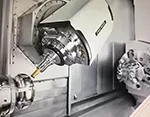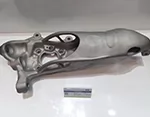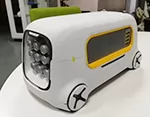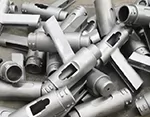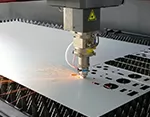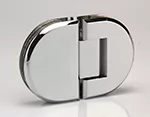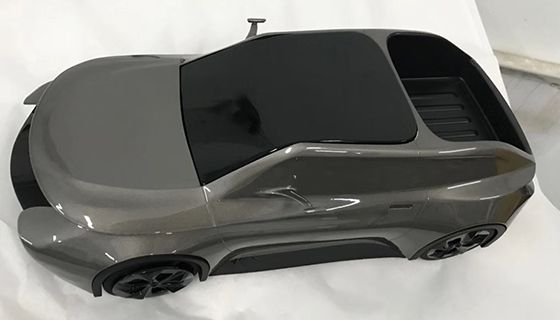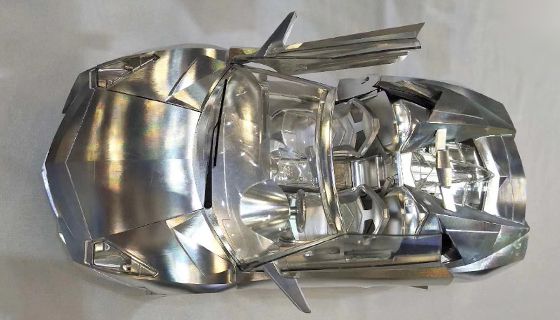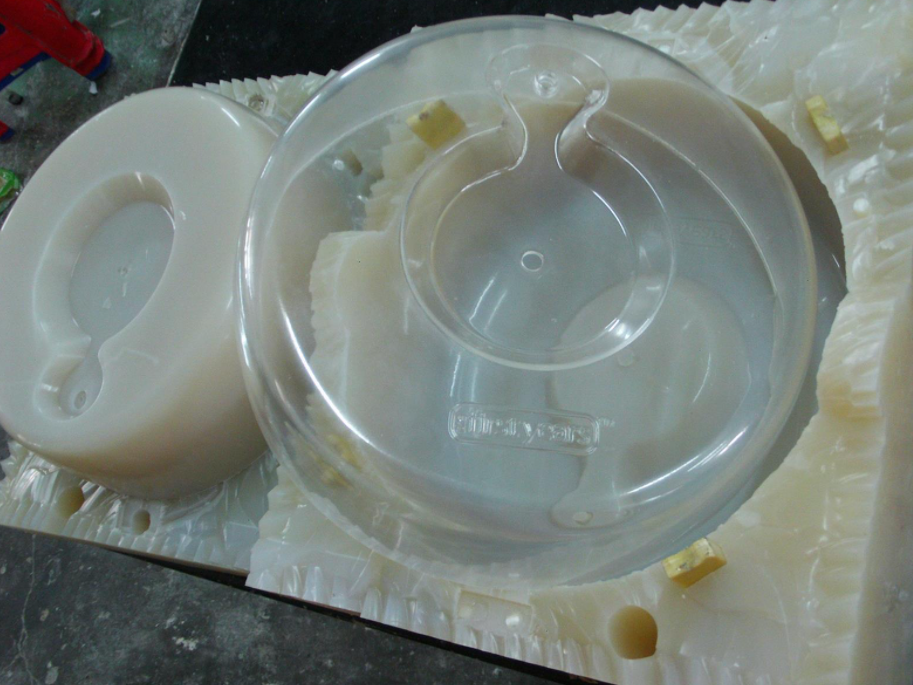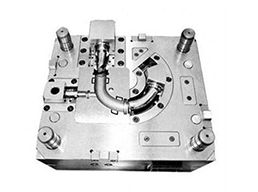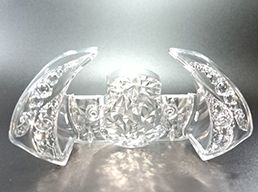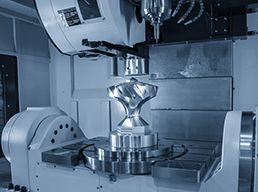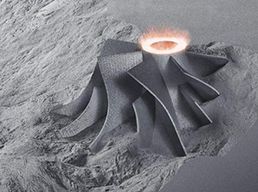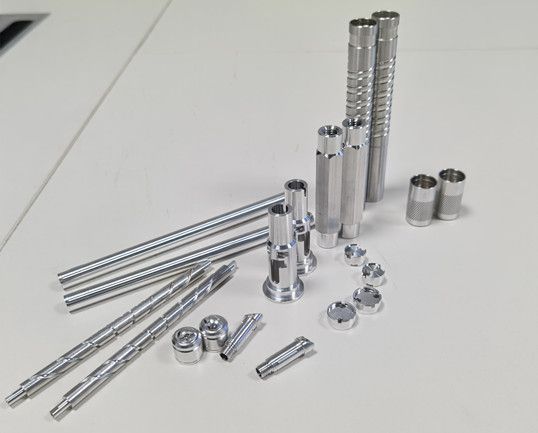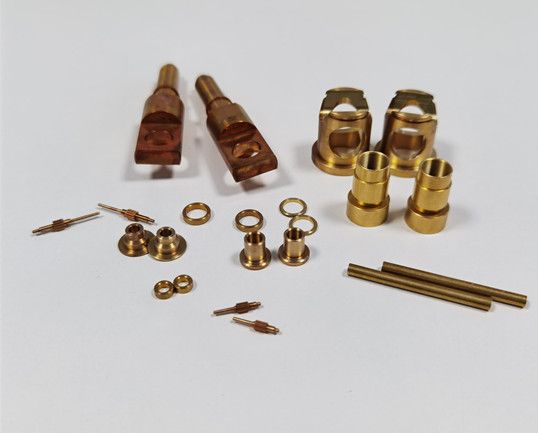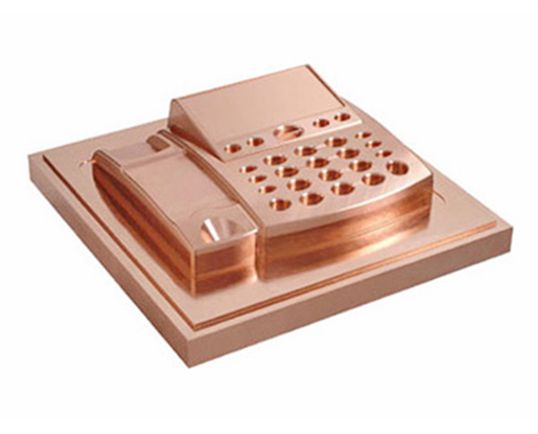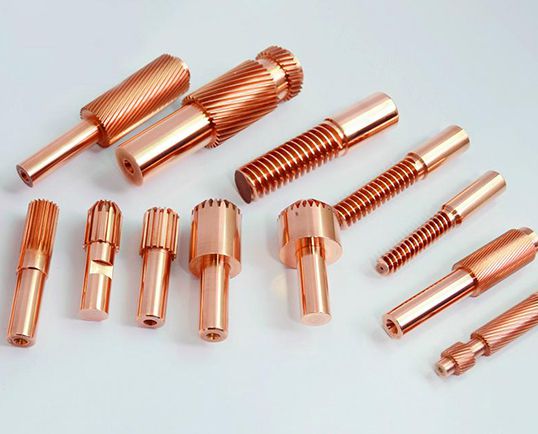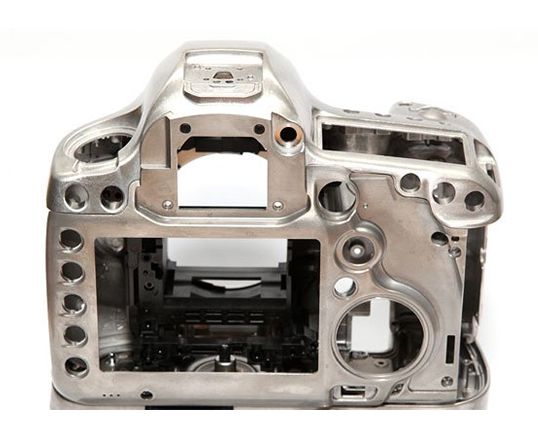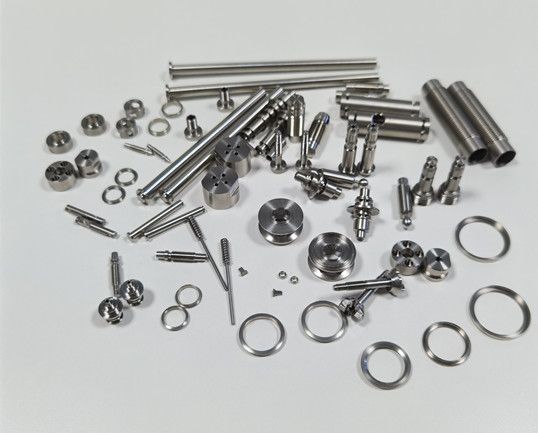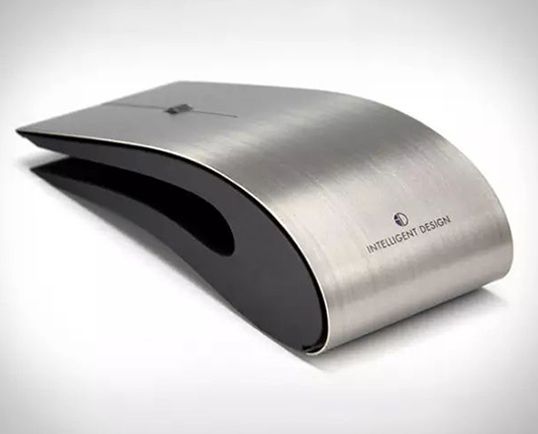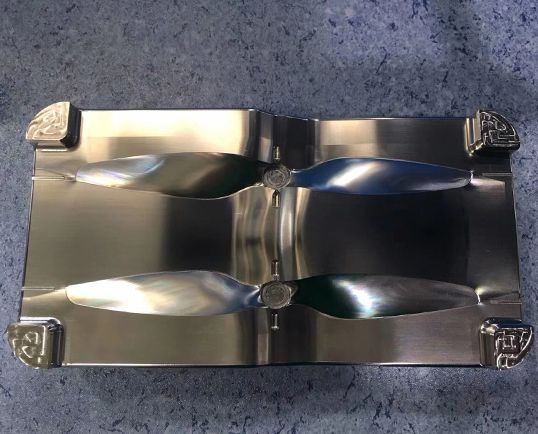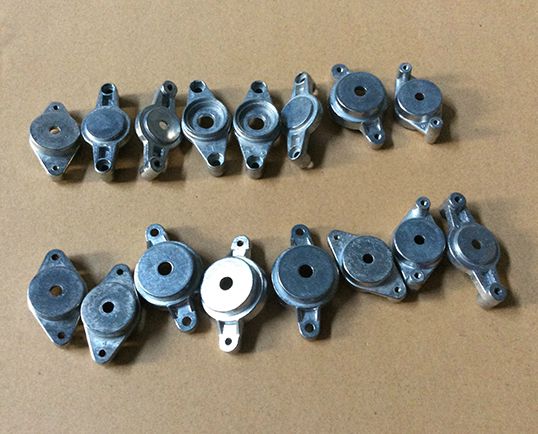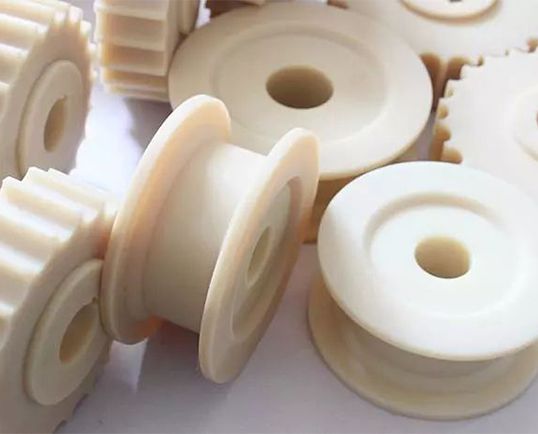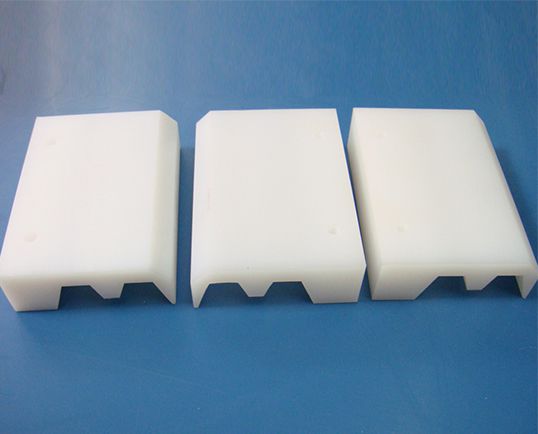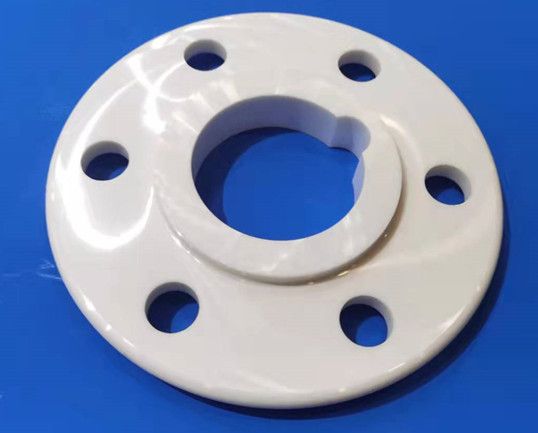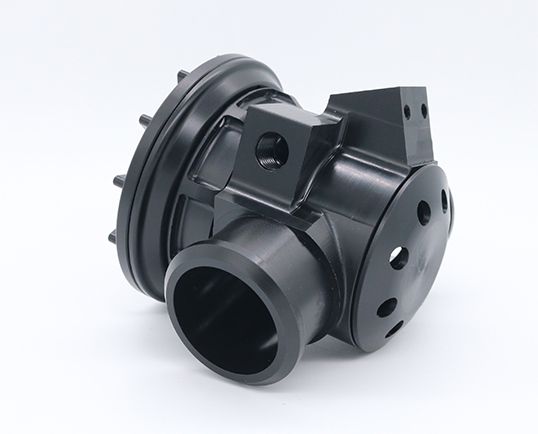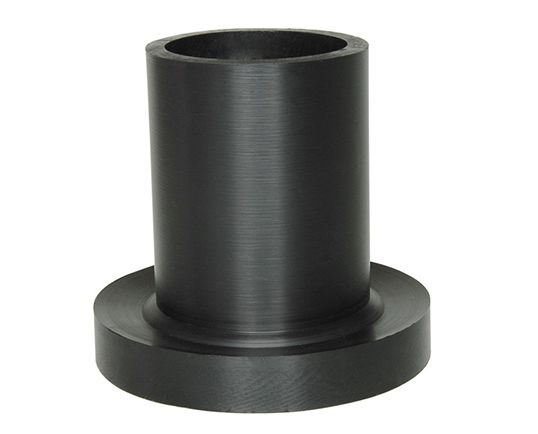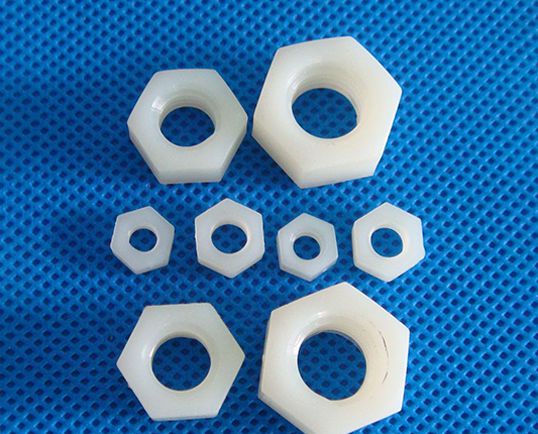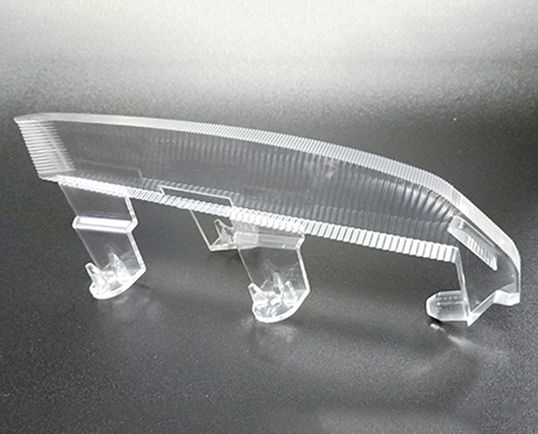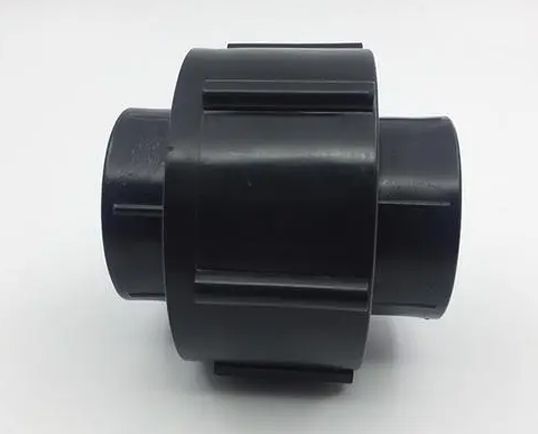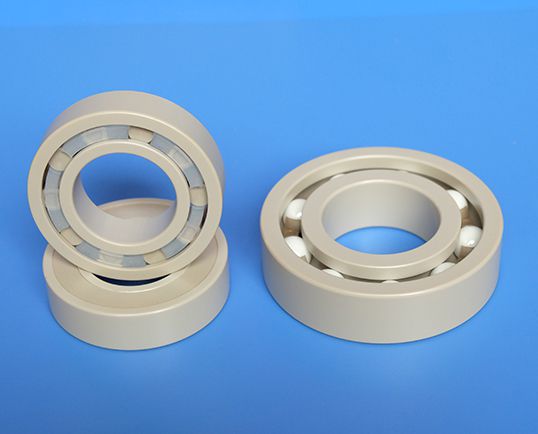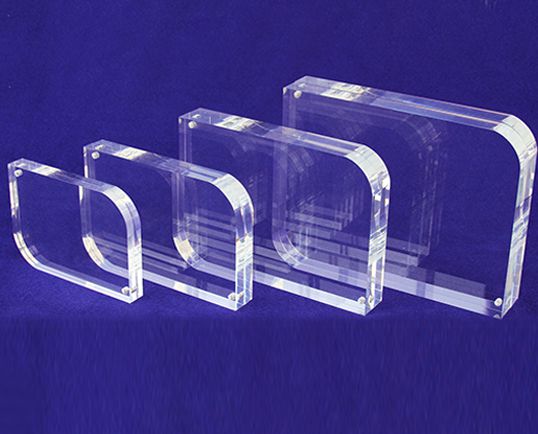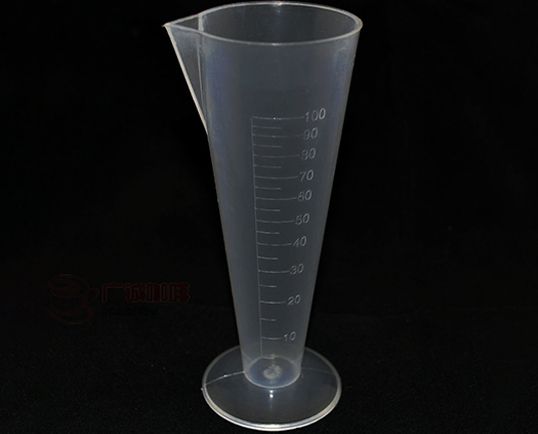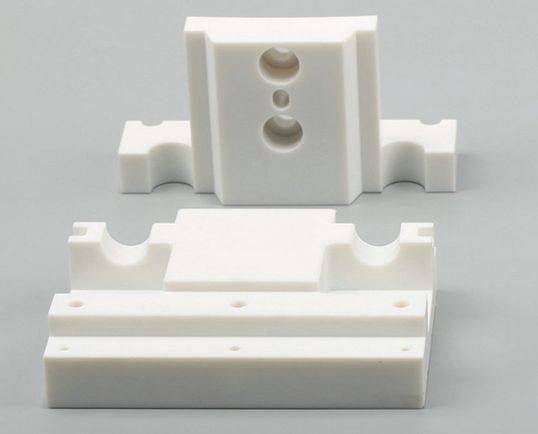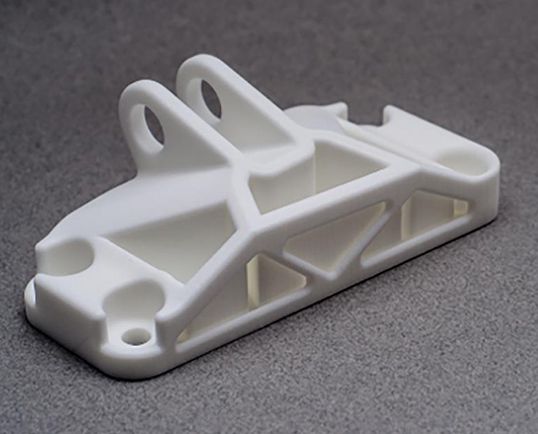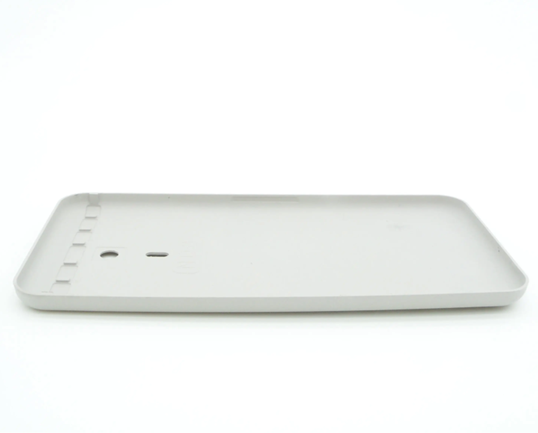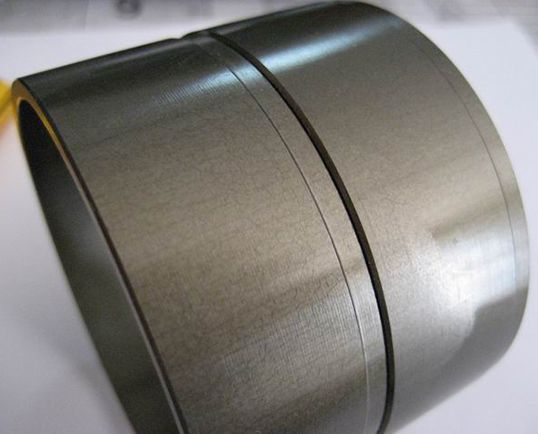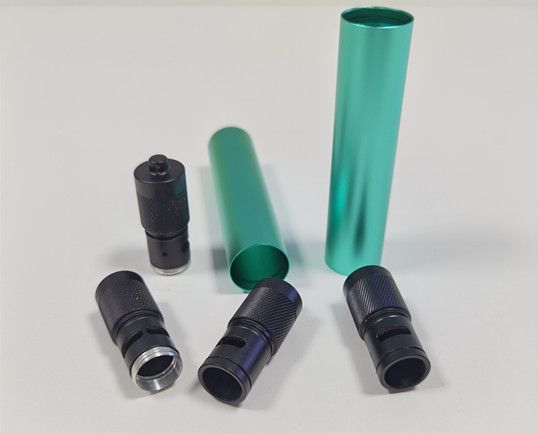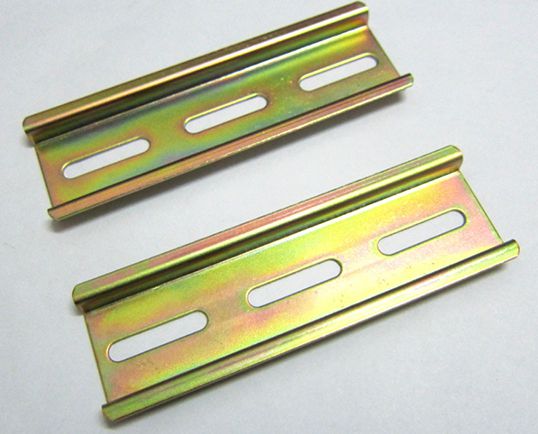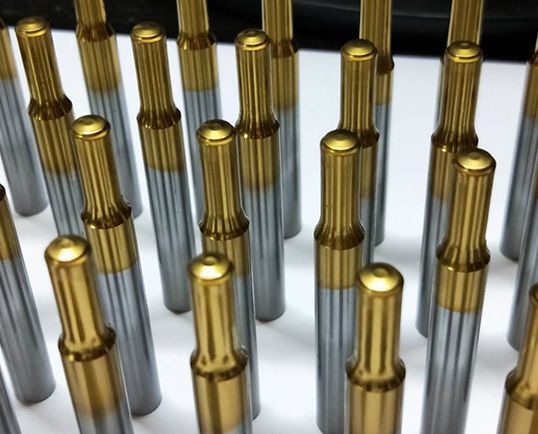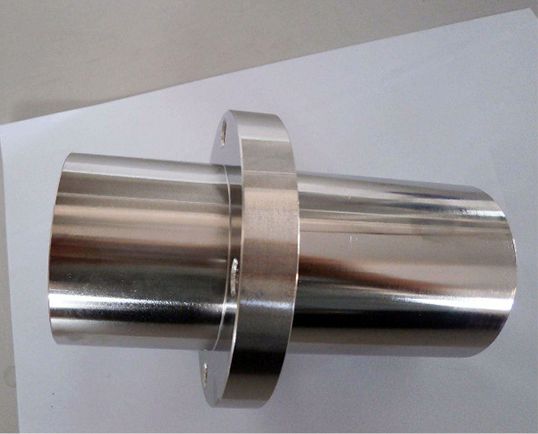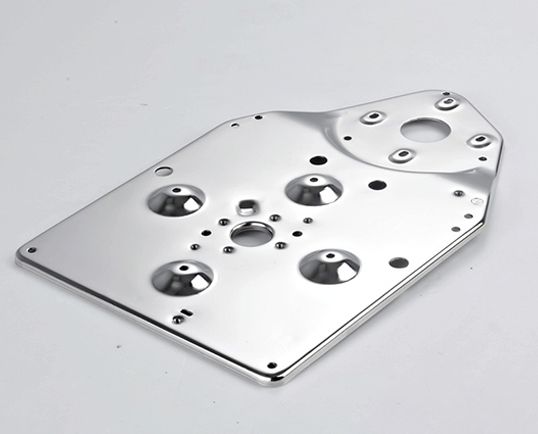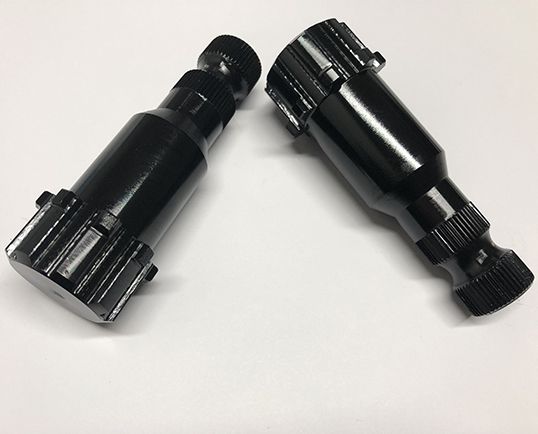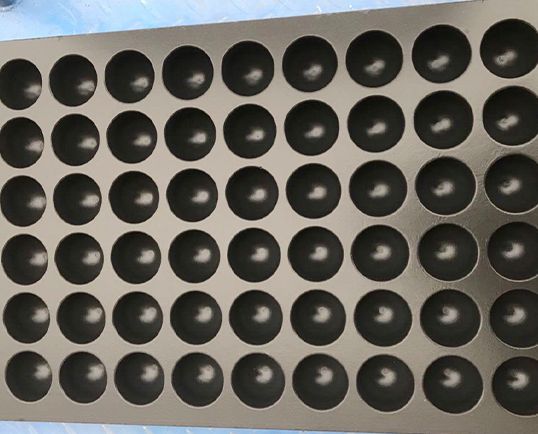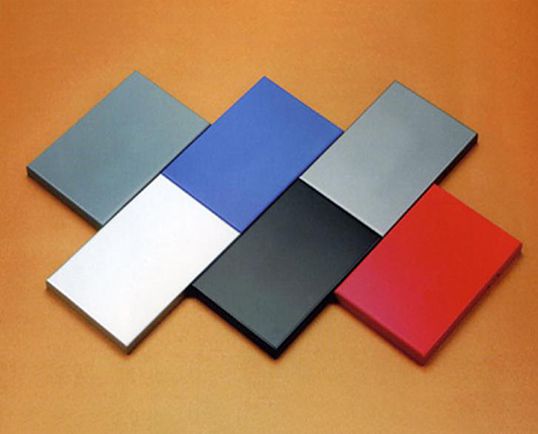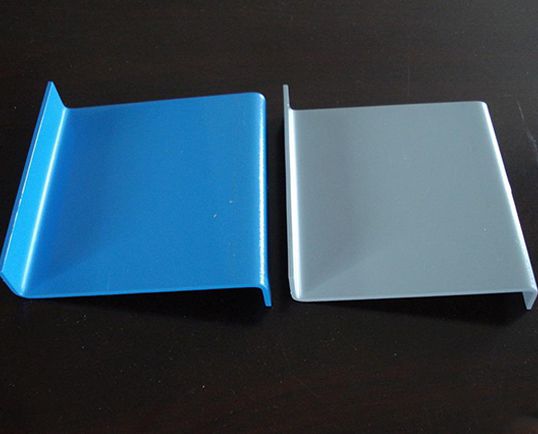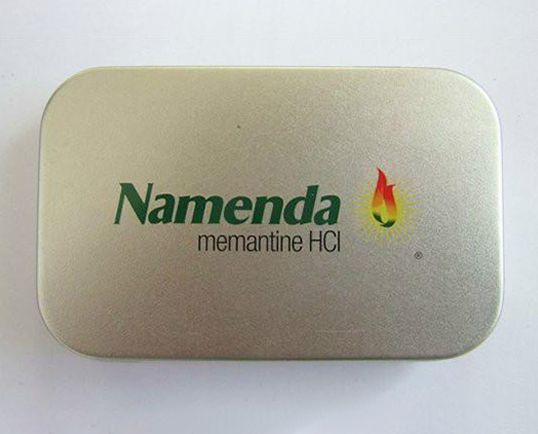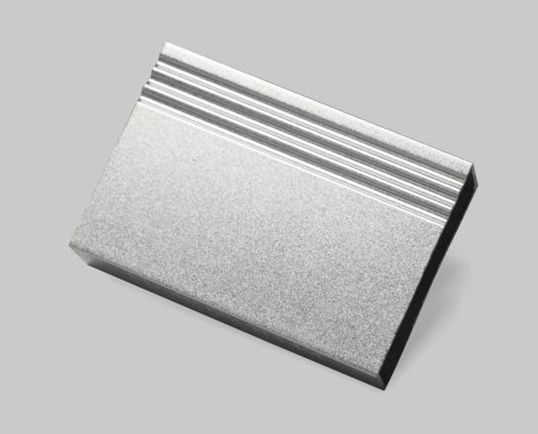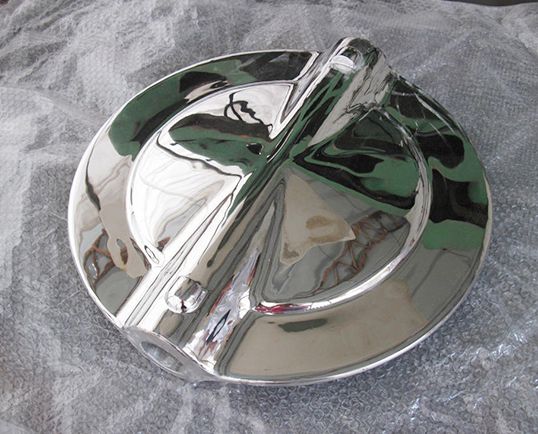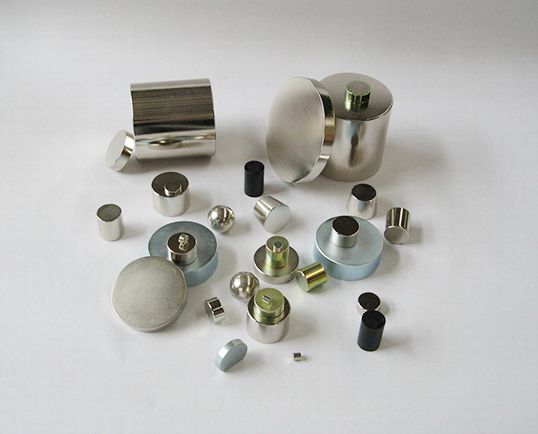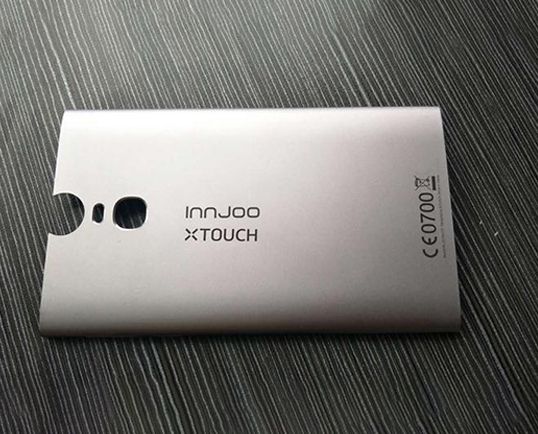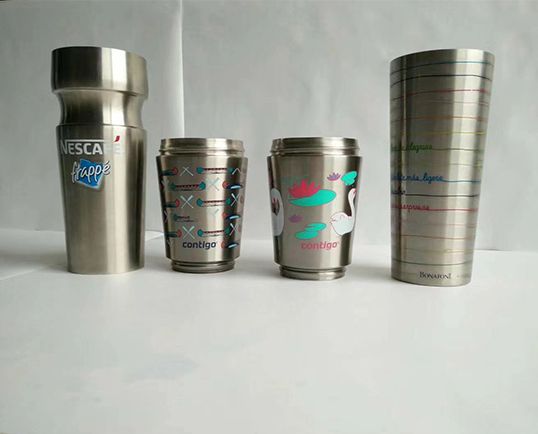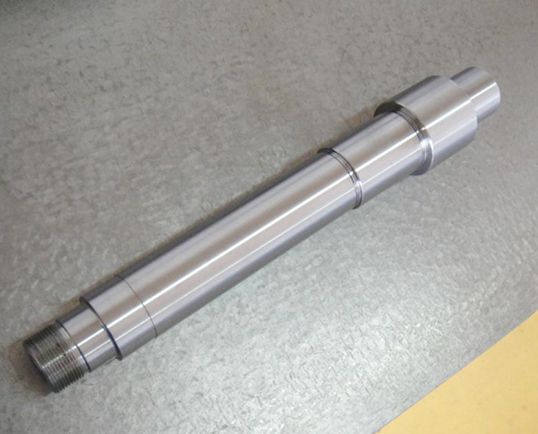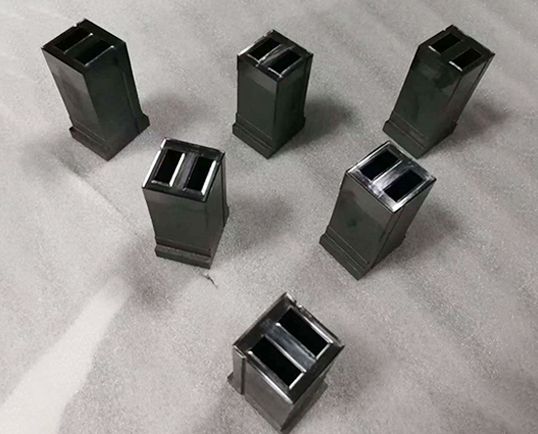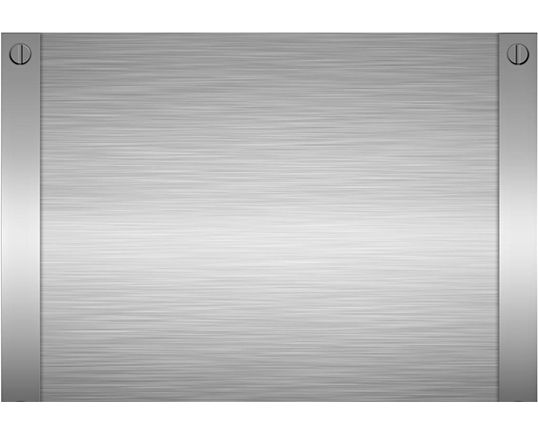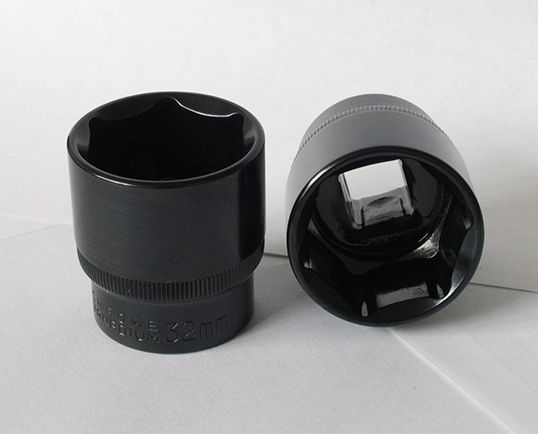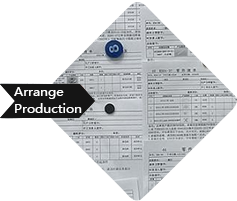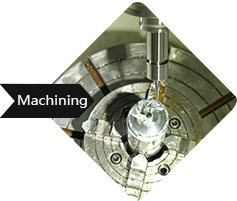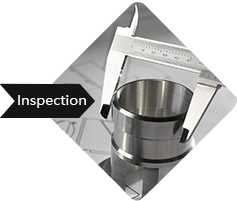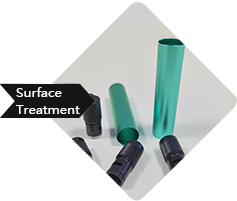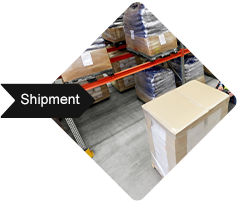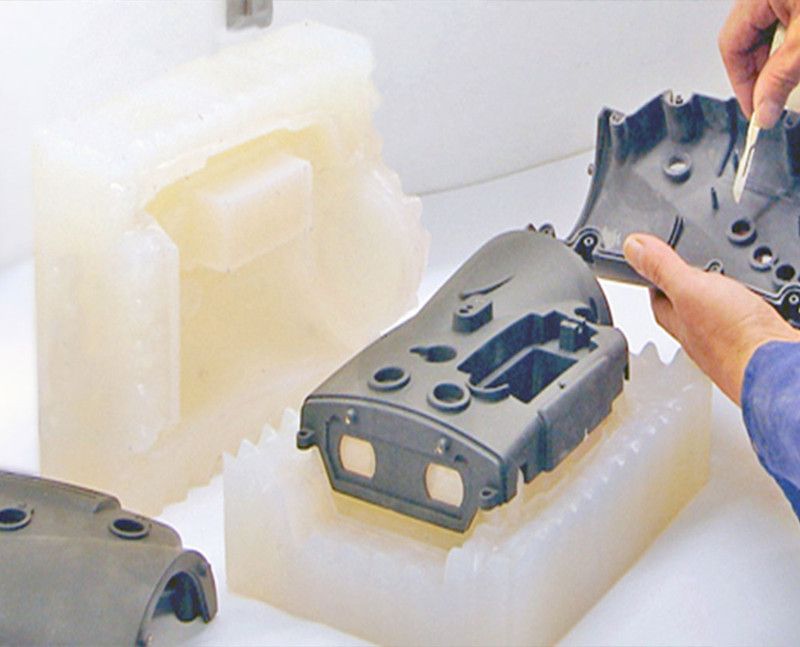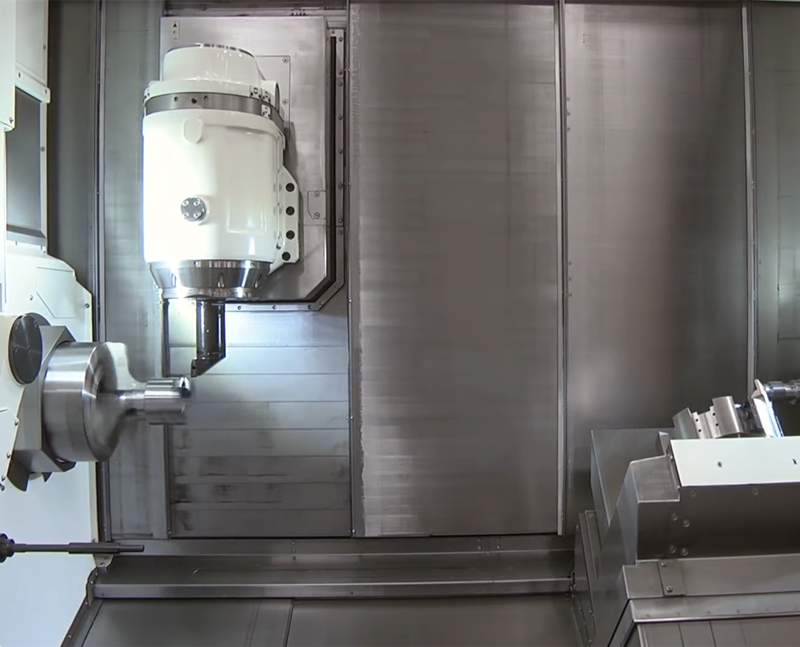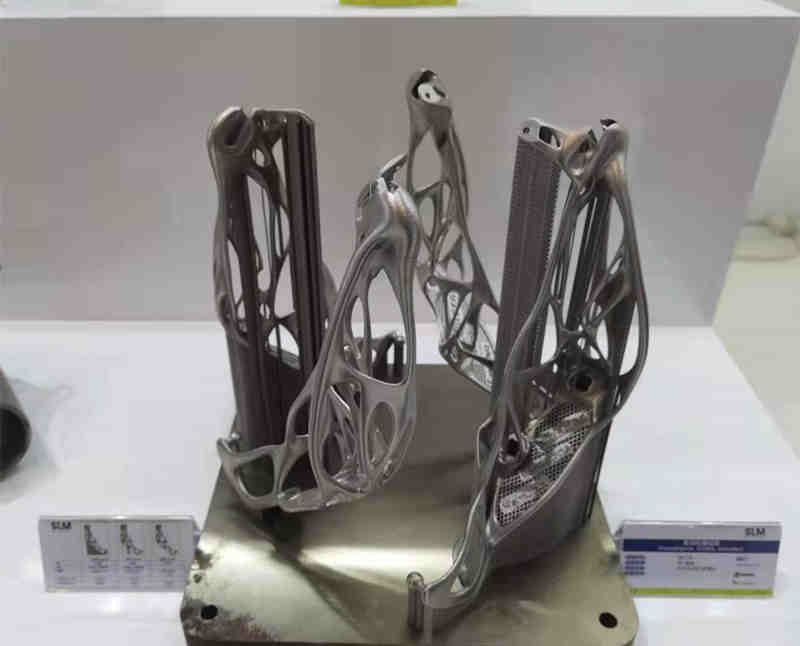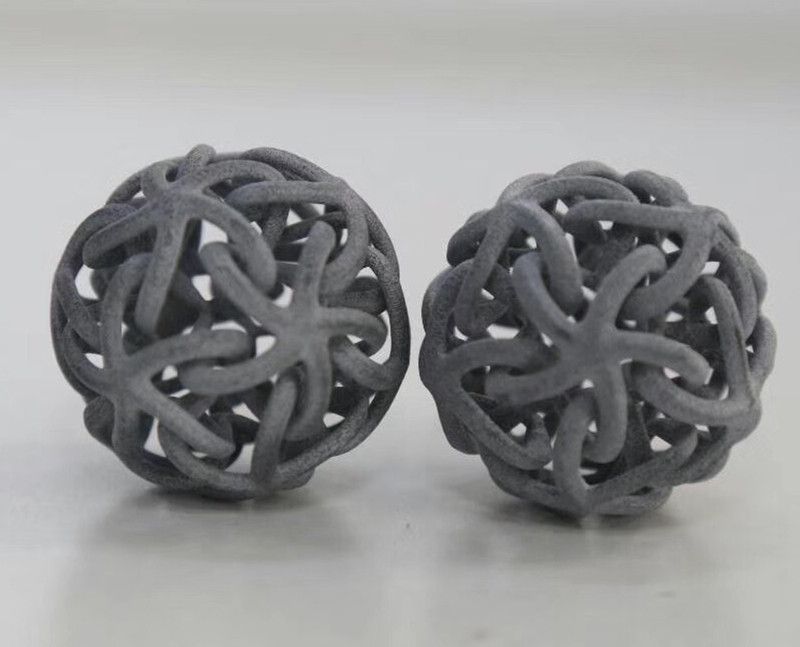-
Service
+
- CNC Precision Machining Service +
- Multi-Axis Simultaneous Machining Service +
- CNC Turning Service +
- Metal 3D Printing Service +
- Rapid Prototyping Service +
- Die Casting Service +
- Sheet Metal Fabrication Service +
-
Finish Serivces
+
- Polishing
- Grinding
- Brushed Finish
- Sand blasting
- Painting
- Powder Painting
- Anodizing
- Hard anodizing Service
- Passivation
- Zinc Plating
- Nickel Plating
- Chrome Plating
- Blackening
- Black Zinc Plating
- Teflon Coating
- Titanium Coating
- DLC Coating
- Laser Marking
- Silk Screen Printing
- Transfer Printing
- Micro Arc Oxidation
- Industries +
- About Us +
- Resource +
- Contact Us
- Quote

-
Service
-
>
-
>
-
>
-
>
-
>
-
>
-
>
-
>
-
- Industries
- About Us
- Resource
- Contact Us
What is Rapid Prototyping service?
Rapid prototyping service means making physical samples of a new product design concept. It is the preliminary step to final production and is most useful when verifying that the finished product looks, feels and performs as expected. There are several reasons why new product developers turn to rapid prototyping. They are used for functional testing, approval, design iterations, crowdfunding campaigns, trade show models, and as a bridge to low volume manufacturing.
Prototypes often inspire redesigns, improvements, and other modifications that may not be apparent from computer graphics alone, so in this regard they are beneficial for optimizing designs before committing resources to larger volumes. In fact, the ability to correct design errors early in the development phase not only compensates for the cost of the prototypes themselves, so they are a wise investment.
How does rapid prototyping work?
Rapid prototyping is a set of 3D printing techniques that rapidly produce 3D models to scale from computer-aided design (CAD) files through rapid manufacturing or assembly techniques.
In Rapid Prototyping Services, we bring your CAD files and design ideas to life using fused deposition modeling (FDM) and rapid prototyping techniques on other large industrial 3D printers. We specialize in prototypes, low-volume production parts, tools, fixtures, and more, using our state-of-the-art rapid prototyping technology to keep costs low and high quality output.
Request a quote today and see how we can help you realize your design!
What are the different types of rapid prototyping service?
1. Silicone Molding
2. rapid tooling for injection molding
3. 3D Printing (SLA, SLS, SLM, MJF, DLP)
Any physical model can be a prototype. The difference is the degree to which it reflects the expected finished part.
Very simple models can be made from paper, plastic, play-doh, foam, balsa, or other common household materials. These are examples of very low-fidelity prototypes, but they do have the advantage of being easy and inexpensive to manufacture.
These types of rapid prototyping service may not run well or for long periods of time, so they are primarily used to get a visual idea of the design and compare it to other parts at scale.
Benefits of Rapid Prototyping service
How can partnering with Kesu Hardware for rapid prototyping service help you and your business? Here are a few ways.
Show your customers and investors a physical model of your product
Demonstrate the look, size and functionality of your product
Test the market with your product before production
Save time and money by identifying and reducing design flaws
Improve and streamline the production process
Create multiple versions with different colors, surface textures and finishes
Kesu Hardward Group have considerable experience in plastic prototypes and metal prototypes.
Upload your 2D & 3D drawings, along with the material, finish, and quantity. Get instant quote now! You can also send RFQ to enquiry@kesugroup.com directly.
Aluminum is one of the most commonly used metals in machining, as it has excellent strength-to-weight ratio, low cost, and recyclability.
Alloys:
AL5052-T651, AL6061-T651, AL 7075-T651, AL6082-T651...
Finish Options:
A.Polishing, B.Grinding, C.Brushing, D.Sandblasting, E.Painting, F.Powder Painting, G.Anodizing , H.Hard anodized, I.Teflon Coating, J.Laser Marking, K.Silk Screen, L.Transfer Printing.
Brass is a free machining metal, and it is commonly used for a variety of parts including gears, lock components, pipe fittings, and ornamental applications.
Alloy:
Brass-H59, Brass-H62, Brass-H59, Brass-H62, Brass-HA177-2, Brass-HMn58-2, Brass-HPb59-1, Brass-HSn62-1...
Finish Options:
A.Polishing, B.Grinding, C.Brushing, D.Laser Marking, E.Silk Screen, F.Transfer Printing.
Bronze is a high strength alloy with good wear and corrosion resistance due to its tin, iron, and zinc content. Normally, the tin content is range from 3%-14%.
Alloy:
QSn-6-6-3
Finish Options:
A.Polishing, B.Grinding, C.Brushing, D.Laser Marking, E.Silk Screen, F.Transfer Printing.
Copper has excelent electricity and thermal conductivity, which is widely used in electrical applications.
Alloy:
T1、T2、T3、TU1、TU2b
Finish Options:
A.Polishing, B.Grinding, C.Brushing, D.Laser Marking, E.Silk Screen, F.Transfer Printing.
Magnesium Alloy is a high strength alloy with low density, and is widely used in aviation, aerospace and transportation etc.
Alloys:
AZ31, AZ41, AZ61...
Finish Options:
A.Polishing, B.Brushing, C.Sandblasting, D. Micro Arc Oxidation
Stainless steel is a high strength alloy with high hardness and great resistance to corrsion and rust due to its chrome and carbon content.
Alloys:
201, 303, 304, 316, 410, 420, 17-4PH...
Finish Options:
A.Polishing, B.Grinding , C.Brushing, D.Sandblasting, E.Painting, F.Powder Painting, G.Passivation, H.Zinc Plating, I.Black & zinc, J.Teflon, K.Titanium Coating , L.Laser Marking , M.Silk Screen , N.Transfer Printing .
Titanium Alloy is a high strength alloy with great resistance to corrosion and thermal, and it's widely used in the engine components, turbine blades and medical equipment.
Alloys:
Grade 1, Grade 2, Grade 3, Grade 4, Grade 5
Finish Options:
A.Polishing, B.Grinding, C.Brushing, D.Sandblasting, E.Laser Marking, F.Silk Screen, G.Transfer Printing.
The tool steel has high hardness, strength, wear resistance, sufficient toughness, and other process properties.
Alloys:
A2, D2, D3...
Finish Options:
A.Polishing, B.Grinding, C.Brushing, D.Sandblasting, E.Painting, F.Powder Painting, H.Hard anodized, I.Passivation, J.Zinc Plating, K.Electroless Nickle Plating, L.Chrome Plating, M.Blacken/ Black Oxide, N.Black & zinc, O.Teflon, P.Titanium Coating, Q.PLC Coating, R.Laser Marking, S.Silk Screen, T.Transfer Printing .
Zinc Alloy is low melting point alloy with great fluidity, and easy for welding, brazing and reform processing, and it is widely used in the casting industry.
Alloys:
Z13001, Z15001, Z19001 ...
Finish Options:
A. Polishing, B.Grinding, C.Sandblasting, D. Nickle Plating, E.Painting
ABS is a low-cost plastic with good comprehensive performance, and widely used in machinery, electrical, automobile and aircraft.
Available Color: Natural, Black
Available Finish: Painting
Ceramics is high brittleness material with high melting point, high hardness, high strength, good wear resistance and great oxidation resistance, as well as good electrical insulation.
Available Color: White
Delrin is a POM material, which belong to the Dupont Company. Delrin has low-friction, high-stiffness, and a relatively high toughness and minimal elongation, as well as excellent dimensional accuracy.
Available Color: White, Black
High-density polyethylene (HDPE) has great resistance to acid, alkali and organic solvent, as well as excelent electrical insulation. It's widely used in plugs and seals.
Available Color: Black, White
Nylon is a popular plastic which has great resistance to friction and chemical wear, as well as great electrical insulation.
Available Nylon: PA6, PA66
Available Color: White, black or others.
Polycarbonate (PC), is heat-resistant, impact-resistant, flame-retardant, and one of the most common plastics used in manufacturing.
Available Color: Clear, black, glossy
Polyethene(PE), has great resistance to acid and alkali, and good electrical insulation. It's widely used in plastic injection and machining.
Available Color: Black, white
Usually, PEEK is used to machine high precision plastic parts. It has great resistant to moisture, wear, chemicals, high temperature, high electricity, sunshine etc.
Available PEEK: German Imported PEEK, Japan Imported PEEK
Available Color: Opaque beige
Acrylic or PMMA, is a scratch-resistant plastic material, often used for tanks, panels, and optical applications.
Available Color: Optically clear, opaque
Polypropylene (PP) resists most solvents and chemicals, which makes it a wonderful material to manufacture laboratory equipment and containers for a variety of applications. PP also offers good fatigue strength.
Colors: White (semi-clear or opaque)
Commonly known as Teflon, PTFE resists high temperatures and chemicals/solvents excellently in and is also a great insulator. It is also a very slippery plastic, which makes it a good material for low-friction applications such as bearings.
Available Color: Black, white (opaque)
Applicable Material
Aluminium, Steel, Stainless Steel, Brass, Bronze, Copper, Titanium, Magnesium, ABS, HDPE, Nylon, PC, POM, PMMA, PTFE
Applicable Material
Aluminium, Steel, Stainless Steel,Brass, Bronze, Copper, Titanium, Magnesium, ABS, HDPE, Nylon, PC, POM, PMMA, PTFE
Applicable Material
Aluminium, Steel, Stainless Steel,Brass, Bronze, Copper, Titanium, Magnesium, ABS, HDPE, Nylon, PC, POM, PMMA, PTFE
| ISO 2768-F | |
| Table 1 - Linear Dimensions | |
| Permissible deviations in mm for ranges in nominal lengths | Tolerance Class Designation (Description) |
| f (fine) | |
| 0.5 up to 3 | ±0.05 |
| over 3 up to 6 | ±0.05 |
| over 6 up to 30 | ±0.1 |
| over 30 up to 120 | ±0.15 |
| over 120 up to 400 | ±0.2 |
| over 400 up to 1000 | ±0.3 |
| over 1000 up to 2000 | ±0.5 |
| over 2000 up to 4000 | – |
| For nominal sizes below 0.5 mm, the deviations shall be indicated adjacent to the relevant nominal size(s). | |
| ISO 2768-M | |
| Table 1 - Linear Dimensions | |
| Permissible deviations in mm for ranges in nominal lengths | Tolerance Class Designation (Description) |
| m (medium) | |
| 0.5 up to 3 | ±0.1 |
| over 3 up to 6 | ±0.2 |
| over 6 up to 30 | ±0.3 |
| over 30 up to 120 | ±0.5 |
| over 120 up to 400 | ±0.8 |
| over 400 up to 1000 | ±1.2 |
| over 1000 up to 2000 | ±2.0 |
| over 2000 up to 4000 | – |
| For nominal sizes below 0.5 mm, the deviations shall be indicated adjacent to the relevant nominal size(s). | |
How Could I Choose the Best Service for Rapid Prototyping?
For engineers and product designers looking for rapid prototyping online services to speed up product development cycles. Kesu Group offers a variety of rapid manufacturing processes that can be used to create prototypes quickly and cost-effectively. While any single prototype can be produced in an infinite number of different ways, it is ultimately up to the engineer to determine which process and materials are best for their product. Advances in additive manufacturing technology in recent years have made 3D printing the first choice for engineers looking for a rapid prototyping solution: parts can be printed quickly and inexpensively us
When should I choose 3D printing Services?
3D printing is the most common rapid prototyping process. The main advantages of using 3D prototyping services are speed and affordability. At Kesu Group some 3D printed parts can be manufactured and shipped in as little as a day for a few dollars.
The three most commonly used 3D printing processes for rapid prototyping are selective laser sintering (SLS), stereolithography (SLA), and fused deposition modeling (FDM).
Due to its combination of speed, functional mechanical properties, good detail resolution and low cost, SLS is one of the most versatile methods for rapid prototyping.
SLA has the best surface finish and highest detail accuracy and tolerance of any 3D printing process. SLA is also good at prototyping clear parts, especially using the QuickClear finish on certain materials.
FDM offers a wide range of engineering thermoplastics such as ABS, PC and ULTEM. FDM can quickly produce larger, bulkier parts up to 36 inches in size.
When should I choose CNC Machining Services?
CNC Milling and CNC Turning are excellent rapid prototyping options for parts that require final material evaluation of their final material when prototypes are cut from fully densified stock. Kesu Group can process all kinds of metals and plastics. Many CNC machined parts can be manufactured and shipped within a week. With CNC acceleration options available when quoting, Kesu Group's cost-effective, market-based pricing enables engineers to order multiple prototypes at once, enabling rapid product evaluation.
Due to the additional machine setup and run time, CNC machined parts have longer lead times than 3D printing. 3D printing operates through a direct digital manufacturing process requiring minimal setup or post-processing.
When should I choose sheet metal fabrication services?
Rapid sheet metal fabrication can be a good option for fast flip flat parts that need to evaluate prototypes in their final metal material. These parts can be turned around in a week or less and are often cost-effective enough to manufacture two or more prototype designs in parallel. Aluminum 5052 is the most common sheet metal material used for rapid prototyping, but Kesu Group also offers a variety of alloys including steel, copper and stainless steel.
Lead times for fast sheet metal parts are comparable to fast CNC machined parts, but longer than for 3D printed parts. Much like CNC machining, sheet metal fabrication requires additional machine setup and run time.
When should I use injection molding?
Rapid plastic injection molding is a process that produces a very durable set of identical parts for testing with multiple spare parts. Rapid injection molding can be used for high-fidelity product evaluation as well as bridging tools for temporary production at product launch. Typical lead time for express tooling is 2-3 weeks for initial parts. Rapid prototyping may be the best process for rapid prototyping over additive manufacturing or machining due to stringent material requirements or mechanical demands that are not achievable in these methods.
While rapid injection molding is slower than 3D printing or CNC machining, it is often critical to see more of the part as close to the final geometry as possible. This is where injection molding excels, with high repeatability and near-net final shape.
Why choose us?
Many manufacturing services.
No more switching suppliers as your prototyping needs evolve. We have all the rapid prototyping technology you need in one place.
3D printing
CNC machining
Sheet metal processing
Hundreds of materials and finishes
Industry-leading expertise
We've helped hundreds of clients, from private inventors to large corporations, create amazing prototypes that exceed their expectations, and we can do the same for you.

